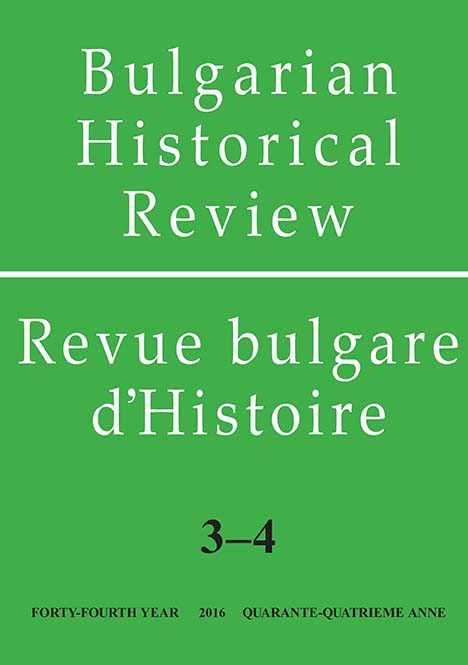Bulgarian Educational Policy towards Minorities and the Muslim Students in Al Azhar in the 1930s
Bulgarian Educational Policy towards Minorities and the Muslim Students in Al Azhar in the 1930s
Author(s): Dimitar GyudurovSubject(s): Politics / Political Sciences, Politics, History, Social Sciences, Education, Cultural history, Diplomatic history, Ethnohistory, Political history, Social history, Recent History (1900 till today), State/Government and Education, Interwar Period (1920 - 1939), Inter-Ethnic Relations
Published by: Институт за исторически изследвания - Българска академия на науките
Keywords: Bulgaria; minority and educational policy; Muslims; Turks; Madrasa-t-yun-Nyuvvab and Al Azhar;
Summary/Abstract: Bulgaria’s educational policy towards the Muslim minority was determined by international and bilateral treaties, state legislation, economic and social processes in Bulgarian society and was influenced by the foreign policy goals of the state. From a spiritual point of view, the main educational center of the Muslim community in Bulgaria was created after the end of the First World War. The Quranic School in Shumen “Madrasa-t-yun-Nyuvvab” was the only one of its kind in the Balkans. In the 1930s his graduates were the first Bulgarian citizens sent to attend the Egyptian Al-Azhar Spiritual Academy.
Journal: Bulgarian Historical Review / Revue Bulgare d'Histoire
- Issue Year: 2016
- Issue No: 3-4
- Page Range: 223-238
- Page Count: 16
- Language: English
- Content File-PDF

